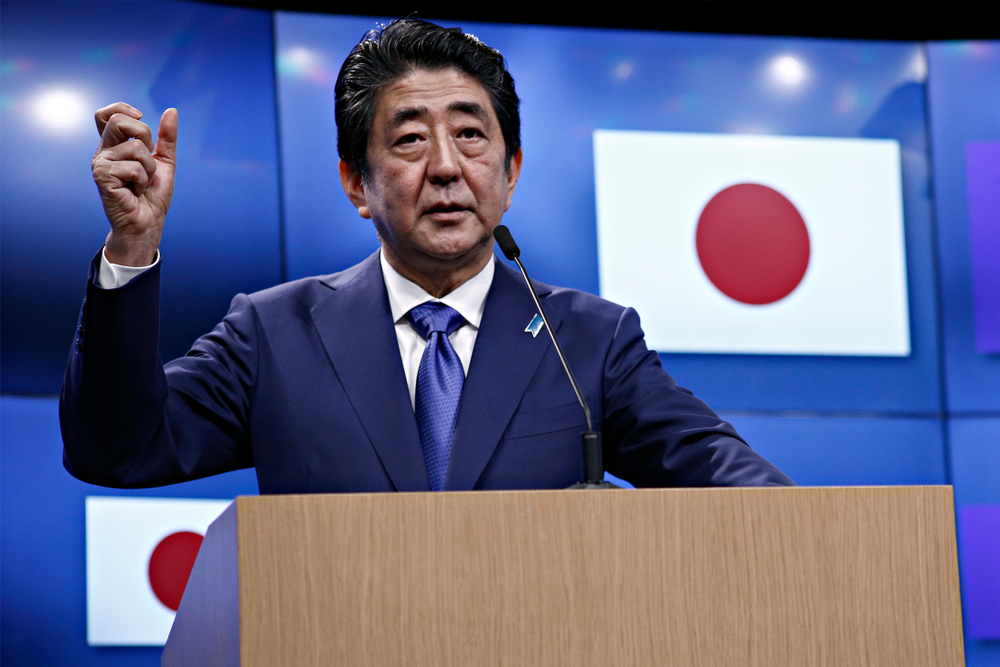Experienced Investor
Shinzo Abe: Death of an inspirational leader

Japan’s longest-serving Prime Minister, Shinzo Abe, has been shot dead during an election campaign. Tributes have been paid to the former leader who leaves the legacy of his ‘Abenomics’ reform.
Abe became Prime Minister of Japan in 2012 and stepped down after eight years in 2020 due to ill-health.
During this time, he undertook an aggressive economic policy of reform, coined ‘Abenomics’ to revive the economy.
This consisted of three pillars: monetary easing, fiscal stimulus and structural reforms to improve companies’ corporate governance.
Following his departure, Japanese large cap stocks had some of the strongest balance sheets globally and corporate Japan evidenced little to no net debt.
Today’s news confirming the death of Abe has shocked the Japanese nation, and tributes have been paid to the former inspirational leader from world leaders and those in the investment world who made the case for Japanese equities amid the ‘Abenomics’ reform.
Darius McDermott, managing director at Chelsea Financial Services and FundCalibre, said: “It’s a terribly sad day, with the death of an inspirational leader. He brought much needed political stability to the country and his economic legacy will live on forever. The reforms he encouraged have set Japan on a course for a brighter future, even if it will still take decades to fully appreciate the results.”
Ben Yearsley, investment director at Shore Financial Planning, said: “Two PMs, Koizumi then succeeded by Abe started kicking Japan out of its decades-long slumber. I’m not sure Abe would have happened without his predecessor. However, it is Abe’s policies that started to change corporate Japan for the better. His three arrows never really worked, but they did enough to at least alter investors’ mindsets as well as company management about the need for shareholder returns.”